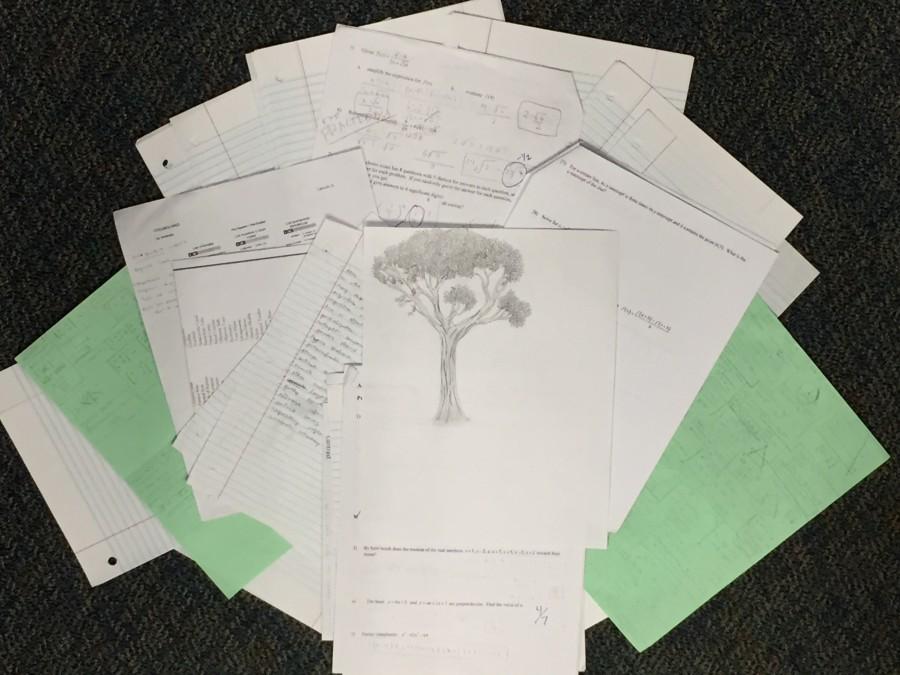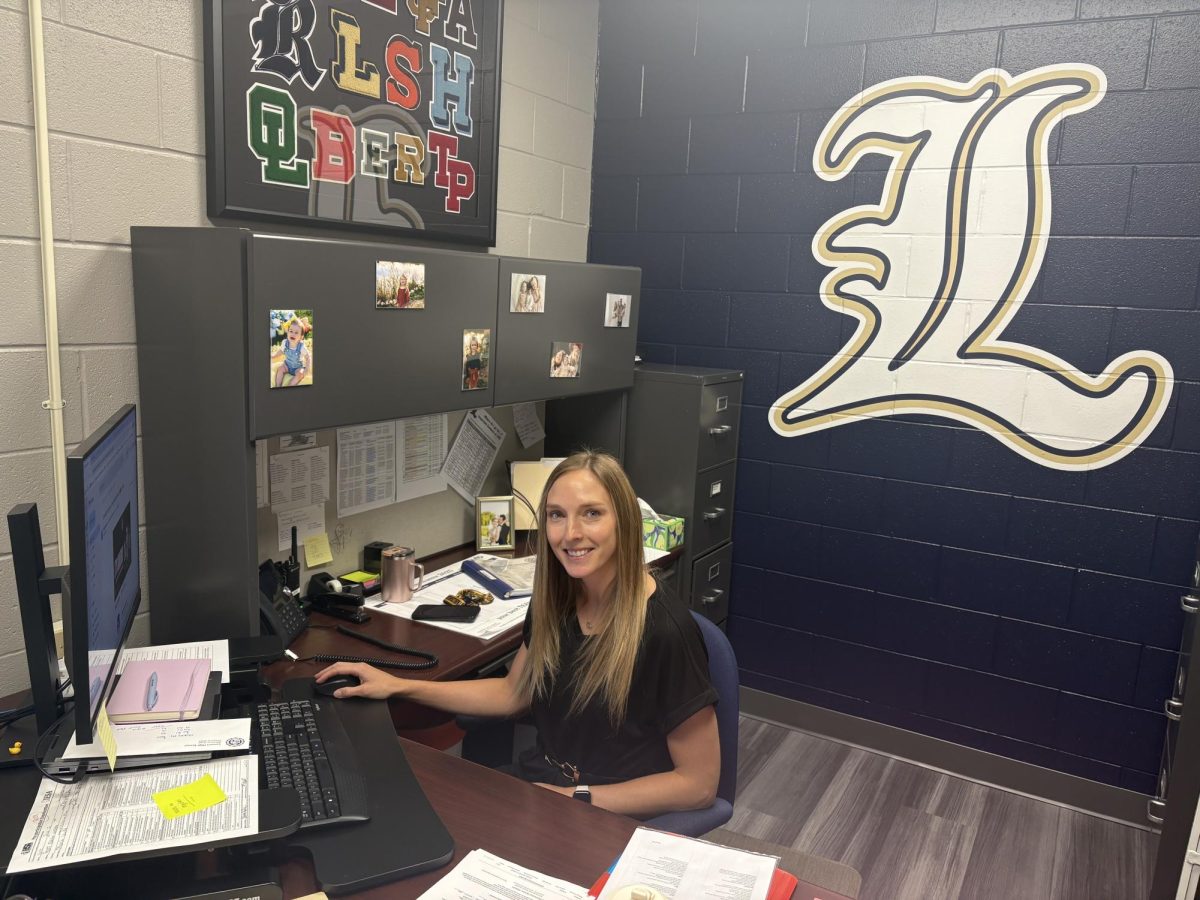Save the trees or save the paper?
December 14, 2015
“We use more than 2 pieces of paper for everyone on Earth every single hour. Demand for paper is expected to double between 2005 and 2030,” according to The World Counts, an online website dedicated to spreading awareness of increasing problems in the world today. On the top of their site is a running tally, the numbers counting the number of tons of paper produced thus far in 2015, the numbers rapidly increasing by about 100 every five seconds.
It’s obvious that this problem has been popularized in the world today, but more people are not concerned with paper. We all know where paper comes from: trees, and, we are also aware of the major problem of deforestation- the destruction of trees to make that land available, most often for building purposes. But those trees, 42% of which is used for resources (like paper), and are being used too quickly and wastefully.
Trees are photo-synthesizers, meaning that they make oxygen. Which we breathe. I don’t know about you, but I like to breathe. This destruction of trees is essentially depriving us of oxygen and lowering the air quality, making our future look more like the one from The Lorax than any other optimistic Dr. Suess book.
So this is obviously a problem, but how do we fix it? Many communities are going “paperless”, meaning that they are trying to use less paper. Lemont High School in particular has tried to go paperless in becoming a “Google school,” using the Google drive to store all files. Teachers have been assigning more projects that do not require printouts and are even offering quizzes via Google forms.
But does this really have an impact on our community’s paper usage?
Doreen Rick, one of our school’s secretaries, works in the LRC and says that, “despite the fact that we are a Google school, there is still an immense amount of printing going on.” Residing in the LRC everyday, one of the school’s printing hubs, she sees most of the academic printing. So despite this switch, nothing has really changed.
Like myself, Mrs. Rick is a paper lover. She, too, finds the joy in holding a paperback book, enjoying being able to see the words on more than just a screen. Revealing her true book-loving self, she compared a world without books to the world similar to George Orwell’s 1984 – bland, with all of the true readers hiding hoards of books.
And I agree completely. A paperless world would be a disastrous one in my eyes. But then again, so is this world.
Capital commercialism has destroyed countless amounts of forested areas, and for what? More stores and more houses – promoting capitalism over the success of our natural world. The whole ploy of taking down the trees in the first place is partially to promote the paper industry. Afterall, the majority of what we use on a daily basis is a paper product- not just looseleaf or printer.
But on the other hand, completely getting rid of paper would dramatically change the economic world – cutting countless amounts of jobs, shutting down several branches of the journalism field, and bankrupting several major companies.
And we obviously can’t have that ruin our perfectly capitalistic country.
So here’s what I think.
We, as a society, don’t need to completely get rid of paper, but just be adamant about reducing the waste. Start paying attention to the green bins with the three arrows because those might just save our planet one day. Making new paper out of recycled paper takes 40% less energy to produce that paper straight from a tree, and that’s huge.
And we have to expand farther than just recycling. We need to lessen the demand for mass amounts of these paper products. No, there is no need for a boycott or a Boston paper party, but just avoid buying things that aren’t reusable. I know how lovely it is to not have to do the dishes and use disposable plates, but that is honestly just a waste of paper. Take fifteen minutes out of your day and, instead, use a dishwasher, preferably an energy efficient one.
By lowering the demand for these products, we can lower the production of them, and therefore use less. Yes, still recycle the paper when you can, but just try to limit yourself on how much that you actually use. It may not seem like a lot, but on a larger scale, it is.
For heck’s sake, this newspaper isn’t even in print issue.







